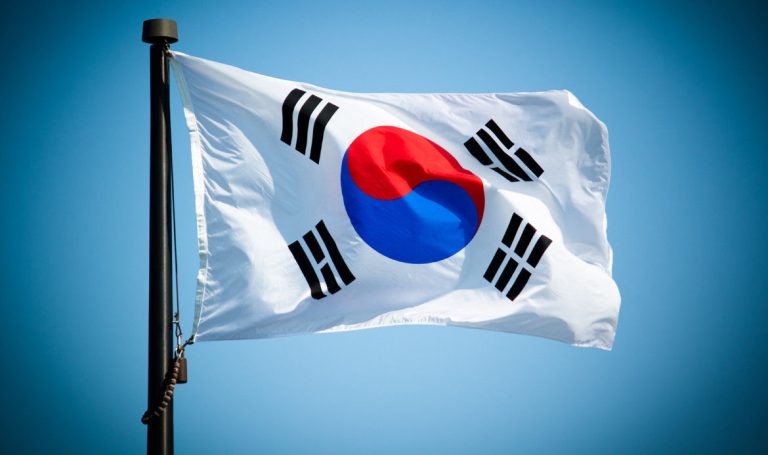South Korean President Yoon Suk Yeol is on the brink of impeachment after his controversial decision to briefly impose martial law, marking a pivotal moment in the country’s political history.
The move has drawn widespread condemnation, triggered mass protests, and plunged the nation into political turmoil.
The crisis began when Yoon, in a late-night televised address, declared martial law for the first time in nearly 50 years.
COUNTRY IN CRISIS: South Korean President Yoon Suk Yeol said he had no choice but to take drastic measures after accusing the opposition of “anti-state” activity and actions that pose a threat to freedom. trib.al/f6Z2Cx4
He claimed it was necessary to “protect the constitutional order,” accusing opposition parties of undermining governance and sympathizing with North Korea.
Under the martial law decree, all political activities and protests were banned, the National Assembly’s operations were suspended, and the media was brought under strict control.
Striking doctors were also ordered to return to work within 48 hours.
The martial law declaration sparked immediate backlash.
Citizens, lawmakers, and unions decried the move as unconstitutional and authoritarian.
Members of Parliament rushed to convene in an emergency session, where they passed a resolution demanding an immediate repeal of martial law.
By the following day, Yoon rescinded the declaration, citing Parliament’s decision but criticized opposition parties for using impeachment and legislative tactics to paralyze his administration.
South Korea’s dominant opposition party moved on Wednesday to impeach President Yoon Suk Yeol, submitting a motion a day after his declaration of martial law set off a night of political chaos.
@ianpannell reports.
More: abcnews.link/RuR82xT
In response to these events, the Democratic Party of Korea (DPK), which holds a majority in Parliament, filed articles of impeachment against Yoon.
The DPK called the martial law declaration “unconstitutional and illegal” and argued that it represented a grave violation of the president’s duties.
The impeachment motion is set to be voted on in a plenary session, where the DPK and its allies, holding 192 out of 300 parliamentary seats, need just eight more votes to reach the two-thirds majority required for impeachment.
If Parliament approves the motion, the case will be forwarded to South Korea’s Constitutional Court.
The court will have up to 180 days to determine whether to uphold the impeachment.
During this time, Yoon’s presidential powers will be suspended, and an acting leader will take over.
If the court rules in favor of the impeachment, Yoon will be removed from office, triggering a new presidential election.
If Yoon resigns before the court’s ruling, the impeachment process will be nullified.
The fallout from this crisis has already shaken Yoon’s administration.
His chief of staff, senior secretaries, and Defense Minister Kim Yong-hyun have tendered their resignations.
Meanwhile, Yoon’s People Power Party is rallying to block the impeachment motion, arguing that his actions were constitutional and necessary to stabilize the government.
The post Why is South Korean President Yoon Suk Yeol facing impeachment? appeared first on Invezz

